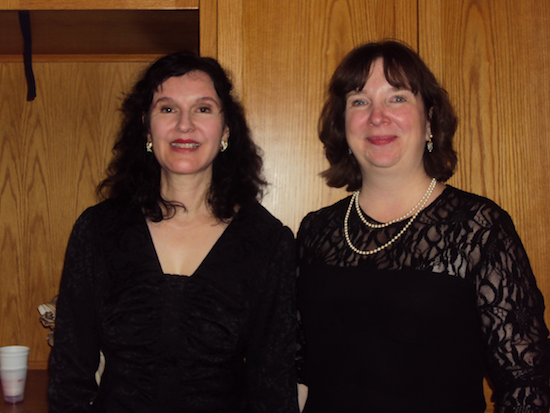Angland, Gateway Classical Music Society perform at ‘Little Church around the Corner’

Screen Shot 2013-10-30 at 11.32.28 AM.png
The Church of the Transfiguration at 1 E. 29th St. in Manhattan is also known as “The Little Church Around the Corner.” It has been a wedding chapel for actors and a source of comfort for theater folk for over a century.
On the evening of Thursday, Oct. 24, the Gateway Classical Music Society brought Wagner, Poulenc and Brahms to this intimate, wood-lined church with its beautiful paintings, adornments and visually stunning chapels. The acoustics are excellent, and the 73-piece Gateway Orchestra was seated from the front to the back of the altar as well as on the sides – a true “surround” sound of strings, woodwinds, percussion, brass and cellos.
